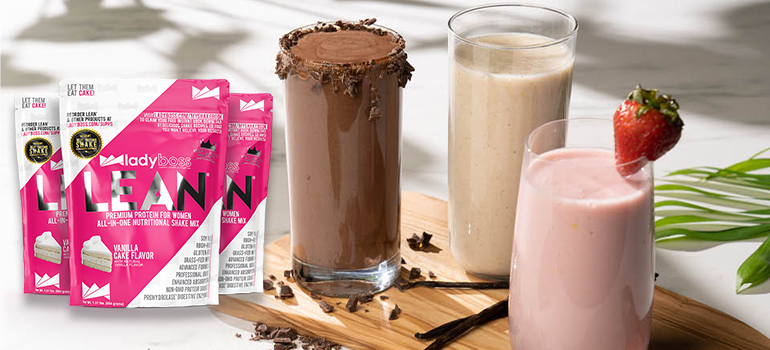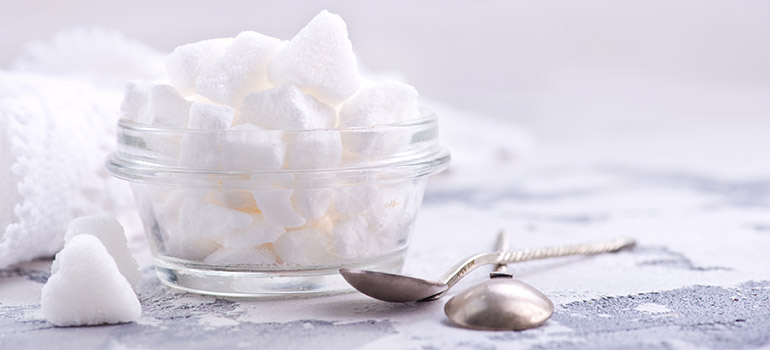In the world of weight loss and muscle gain, whether it be whey protein vs plant-based protein, the bottom line is that protein is king.
The discussion of trying to decide between whey vs plant (also known as vegan protein) is more common today than it was five years ago. But with so many protein powder options out there, how do you know what to choose?
Knowing what whey and plant-based protein supplements do for your body can help you decide if plant protein is better than whey for you and your goals.
Plant vs. Whey Protein

The first thing to consider when choosing between whey and plant-based protein is digestion. If you are lactose intolerant or have other milk allergies, then whey protein will most likely cause gastrointestinal distress for you and should be avoided.
Five years ago, reaching a conclusion of plant vs. whey protein debate was easier. Until recently, compared to whey protein, plant protein was often lumpy when mixed, did not taste very good, and typically lacked other necessary components found in a whey protein powder such as essential amino acids. Now, all of that has changed.
Today, the most significant difference between whey and plant-based protein is the source of the protein. Whey is a milk-derived protein, while plant protein comes from soy, hemp, pea, and rice.
Whey Protein
While whey may no longer be considered more effective than vegan protein, a significant benefit to whey is that it’s a complete protein. Our bodies require essential amino acids, and it can make most of them itself. But there are nine essential aminos that our bodies cannot make and must be supplemented. That’s why any food containing all the essential amino acids the body requires, such as whey protein, is considered a “complete protein.”

Along with being a complete protein source, high-quality whey protein powders, such as LadyBoss LEAN ®, are great as weight-loss meal replacements since they are low in calories while being high in protein. This is because whey protein powders, like LadyBoss LEAN, have a high satiety rating (meaning it makes you feel fuller for longer), and you end up eating fewer calories over time.
Plant Protein

When compared with whey protein, a single-source plant-based protein is not a complete protein. However, by mixing two plant-based protein sources, such as rice and beans, you can create a complete protein. While studies on plant-based proteins are not comparable to whey protein studies, what has been done is promising. One study found that brown rice protein is just as effective as whey protein in building muscle, gaining strength, and aiding in recovery.
Along with getting great results, plant-based protein is more natural and more manageable for the body to digest compared to whey. Today, the plant-based proteins on the market also come with additional added essential amino acids and even digestive enzymes to help process the protein properly. Plant proteins also tend to have less artificial sweeteners in them than whey proteins.
So Which Do You Choose?

It is essential to pay attention to the additional ingredients of any protein supplement. First, check that the protein is from a high-quality source, whether it be plant or whey. Also, try to avoid unnecessary additives or artificial sweeteners when possible, which can be counterproductive to your goals.
With that said, do you choose whey or plant-based protein?
That choice is really up to you! Both whey and vegetable protein powders are effective at supporting weight loss and exercise goals. It merely comes down to personal preference when deciding plant vs. whey protein.






















